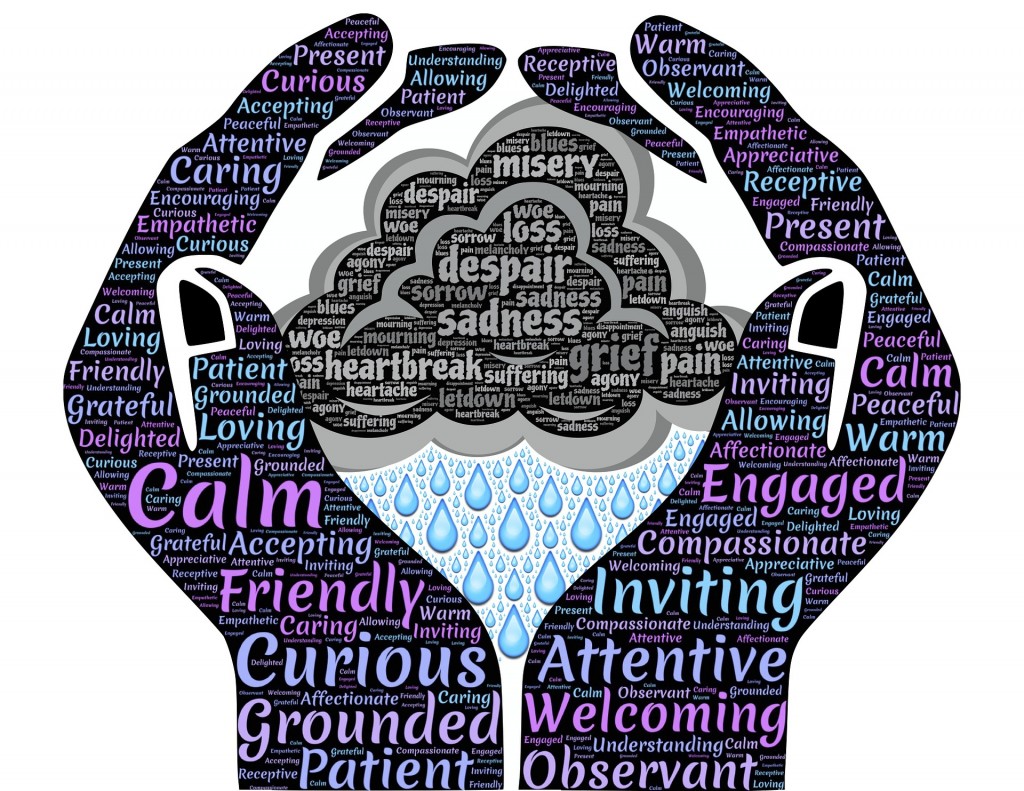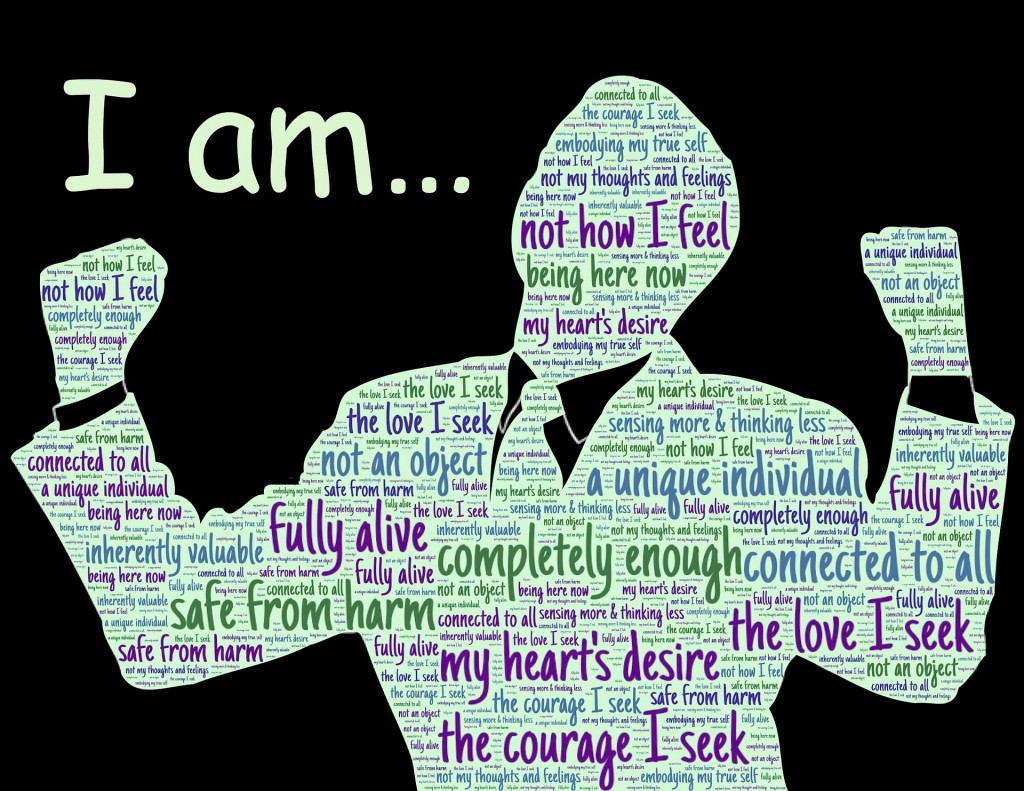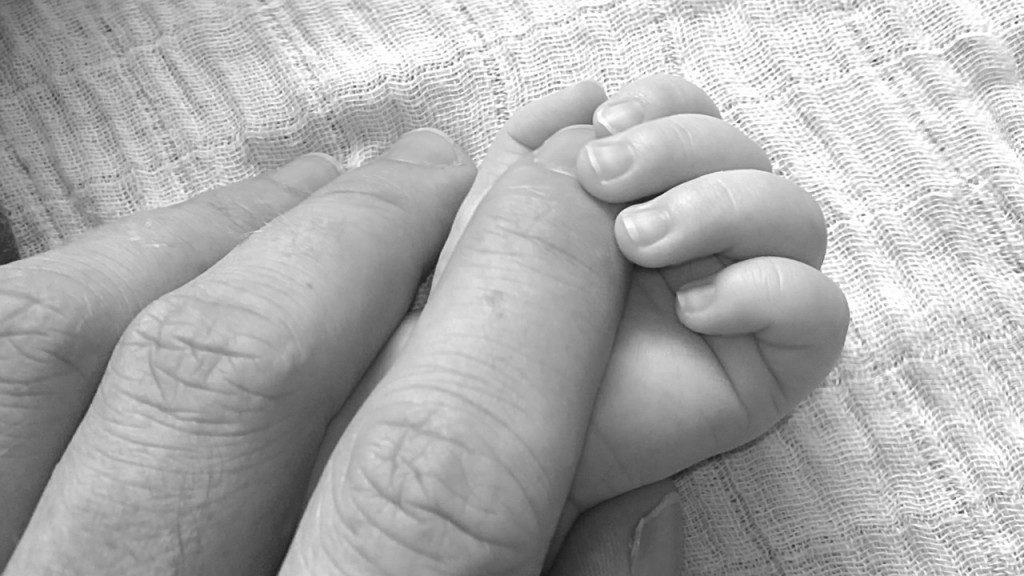I heard some good advice in the business class that I took last spring and that is to maximize your online presence so that potential clients can learn more about you. I do not tweet, nor am I a fan of Facebook, however, even someone like me (and maybe you) can establish an online presence .
This is what I’ve done so far: I have a website that I built through Wix, I am on LinkedIn, and I am in three online directories. Also, one of the reasons I chose to do this blog was to increase my presence. In the near future, I plan to create an additional website with other therapists that have links to our individual websites. One common suggestion that I have heard is that having numerous links to your website increases its standing on Google searches.
These are the fees that I have encountered for professional online directories:
- $ 94…/year (pro-rated) – my provincial association referral list
- $40.00 / month – Psychology Today Directory
- $25. 00 /month – my city directory
- $50.00 / month – Yellow Pages
My plan is to use the first three directories for a year or so, monitor how my clients found me to determine which referral sites I will continue to use.
I know that there are companies that can audit your website and improve its visibility on Google searches. In fact, one tracked me down within weeks of launching my website. Out of curiosity, I researched two such companies: one costs close to $600.00 and the other’s fees were approximately $400.00. It is good to know that this service exists, but I hope that I won’t need it.
*The views expressed by our authors are personal opinions and do not necessarily reflect the views of the CCPA





